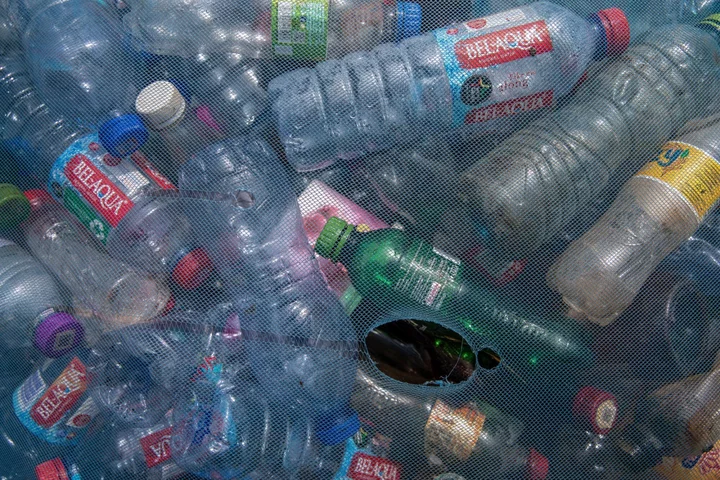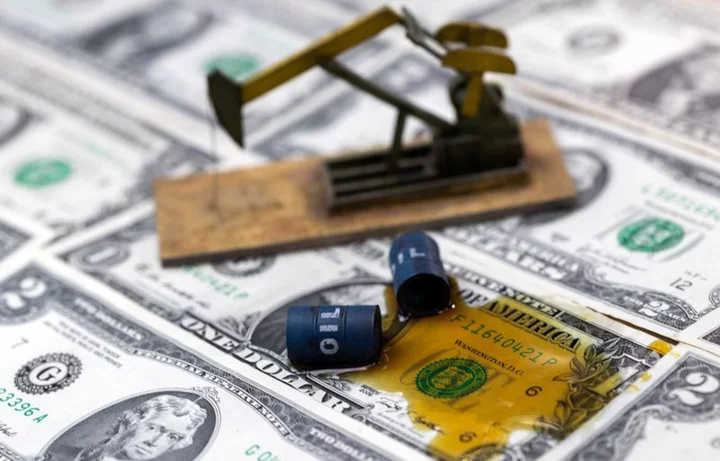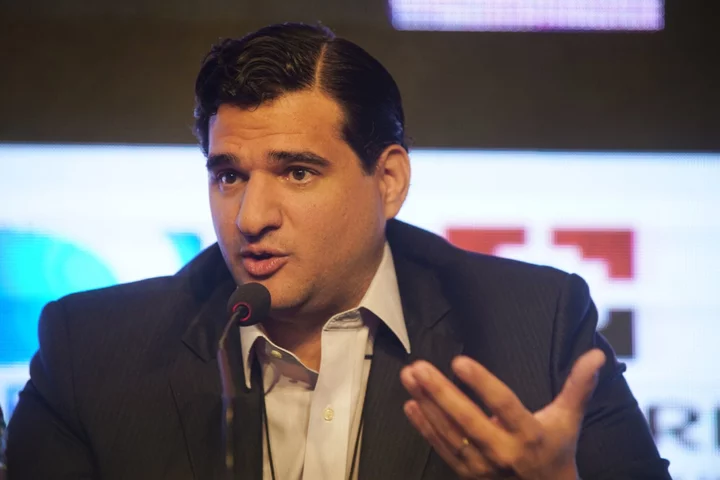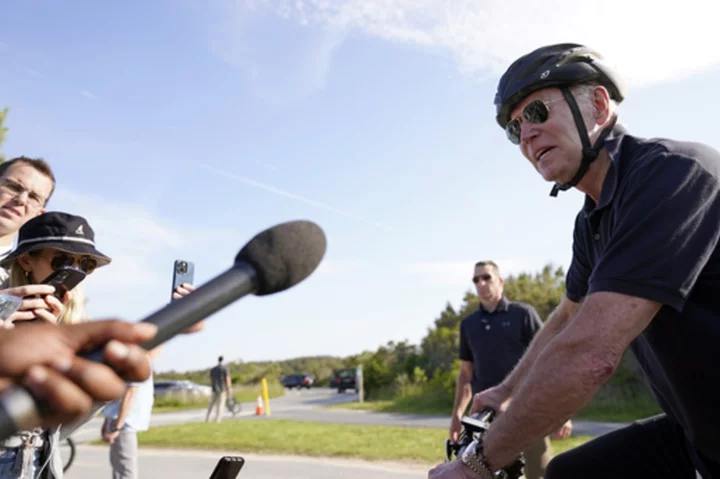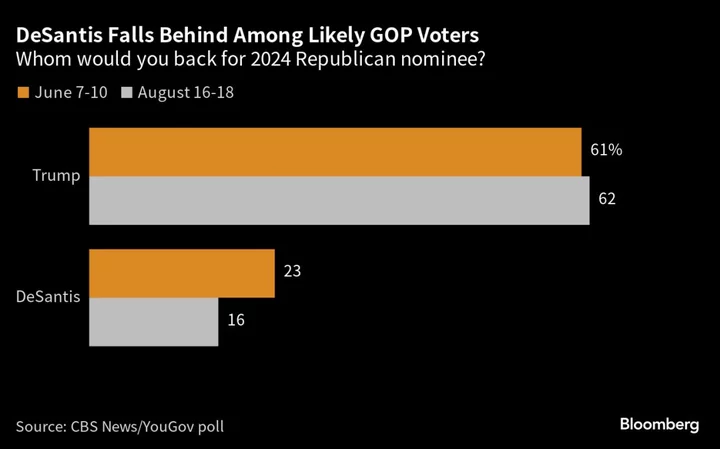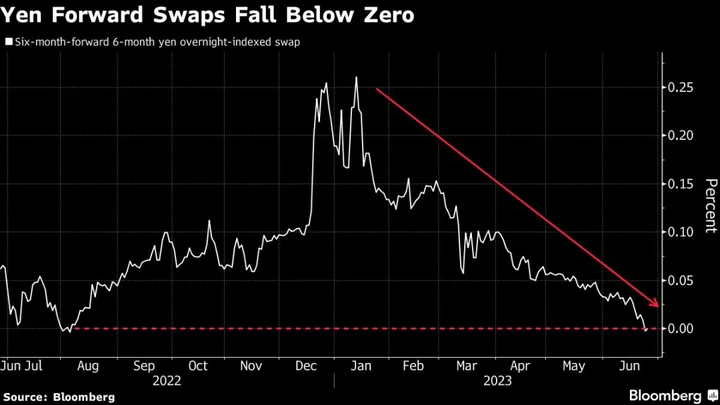Some of the world’s biggest consumer companies are boasting a new environmental claim: net zero plastics, or “plastic neutral,” by which they mean their businesses don’t add to plastic pollution.
Like the more familiar “carbon neutral,” it’s not as simple as it sounds, because of course companies haven’t wiped plastic from their manufacturing process. Instead, like CO2 emitters, some companies are turning to offsets, a credit which, in this case, is supposed to represent a ton of plastic waste collected and processed by a third party elsewhere in the world.
As of now, the market for plastic offsets is small and dominated by the four-year-old Plastic Credit Exchange of Singapore-based PCX Markets. But it’s poised to grow, as industry bodies lobby for the inclusion of plastics credits in a new binding global treaty on plastic pollution under negotiation this week in Nairobi. Among those are carbon credits stalwart Verra, which has its own nascent plastic-credits program.
Over the past few years, PCX has sold millions of dollars’ worth of plastic offsets — predominantly in the Philippines where the firm’s main partners are based and the government explicitly encourages the practice. They’ve been issued to the Filipino subsidiaries of Nestle SA and Colgate-Palmolive Co., as well as Pepsi-Cola Products Philippines and numerous other companies, according to PCX’s website. In some of the cases, they’ve formed the basis for declarations of “plastic neutral” and PCX also certifies brands as plastic net zero.
For its part, Nestle Philippines said in a statement that it engages in direct partnerships for plastic-waste collection without generating, issuing or trading plastic credits. The company declined to comment on whether it has been issued credits by PCX.
In total, PCX says on its website that it has enabled the cleanup of more than 32,000 metric tons of plastic waste, equivalent to the weight of about 230 blue whales. But new analysis by Source Material, an investigative nonprofit, and reporters from Filipino cooperative Cover Story finds that most of that material is sent to cement factories to use as fuel, a practice known as co-processing.
The environmental benefits of managing plastic waste in this way are murky. PCX’s own analysis suggests there are very few emissions savings from the fuel switch, with most coming from those avoided in the transport of imported coal. It depends on cement factories’ pollution controls and the precise type of plastic being burnt, but the difference in CO2 emissions is “likely to be negligible,” said Ed Cook, a University of Leeds researcher who studies plastic waste.
“You're basically just burning two different carbon sources,” Cook said.
Supporters of co-processing argue it helps keep plastic waste out of landfills and the world’s waterways. Many countries, including in Europe, the US and the UK, allow and even encourage this kind of processing of household or plastic waste, and the International Finance Corp.’s first green loan in Africa went to a French cement producer in Senegal that’s replacing coal with tires as a fuel source.
A spokesperson for Nestle Philippines cited a shortage of collection, sorting and recycling infrastructure for plastics in the country. The company sees co-processing as an “interim solution” and a lower-emissions alternative to burning coal or sending plastic to landfill, the spokesperson said.
A Colgate-Palmolive spokesperson echoed the limitations of the recycling infrastructure, saying the company’s approach is “to implement environmentally responsible and scalable options that have received government legislative approval.” The company is working on using less plastic and more recycled plastic, the spokesperson said.
PepsiCo hasn’t responded to requests for comment.
Still, the approach falls short of support from investors engaged on the topic. “There's too many risks involved” in using plastic as fuel, said Freek van Til, project manager at the Dutch Association of Investors for Sustainable Development and coordinator of a $10 trillion coalition calling on companies to cut their use of plastics.
Regardless of what underpins the credits, critics are concerned that increased acceptance of offsetting, whether for plastics or for greenhouse gases, discourages companies from taking more substantial steps to reduce waste or cut emissions.
At roughly $115 each, offsets from plastic co-processing are up to six times cheaper than those from recycling, according to Source Material and Cover Story analysis of PCX data. They’re cheaper still than cutting plastics production and use or finding less harmful alternatives.
“Carbon credits have been a failure, an excuse for business-as-usual,” said Marian Frances Ledesma, a zero-waste campaigner at Greenpeace in the Philippines. “We don't want to see that mistake repeat itself for plastic pollution.”

